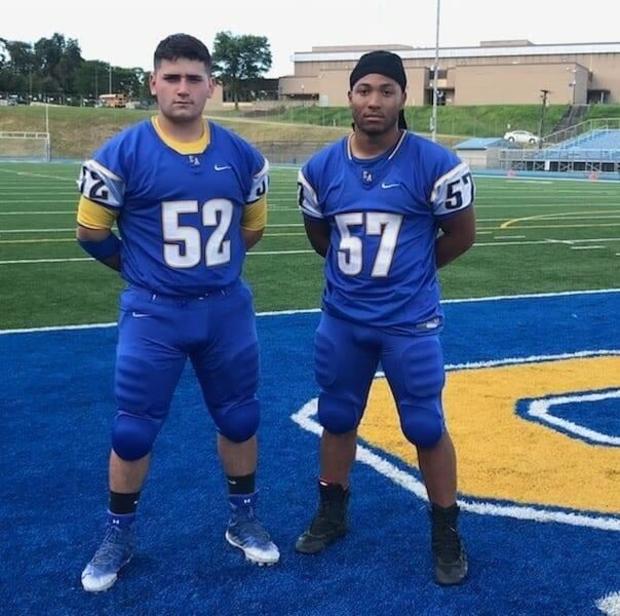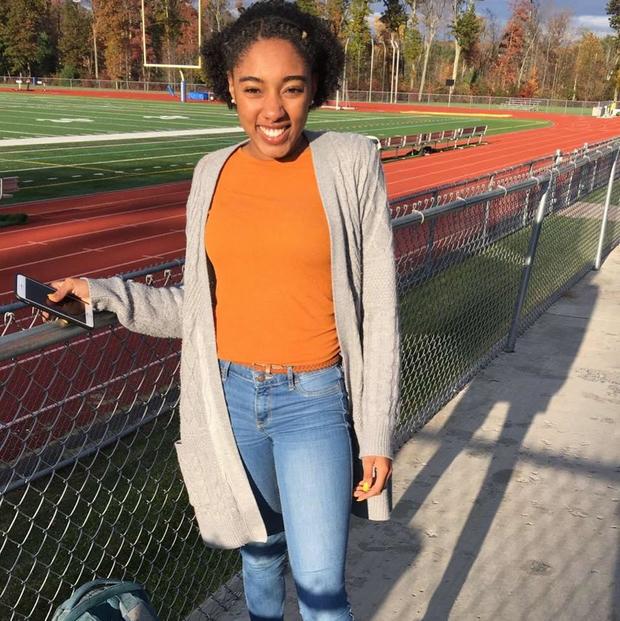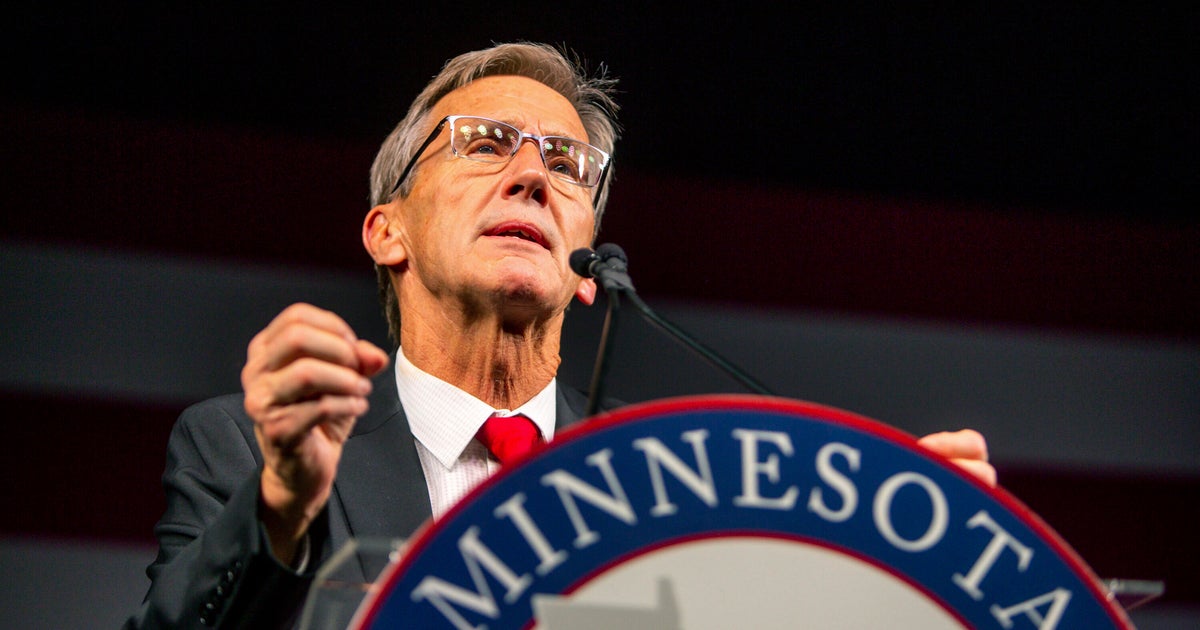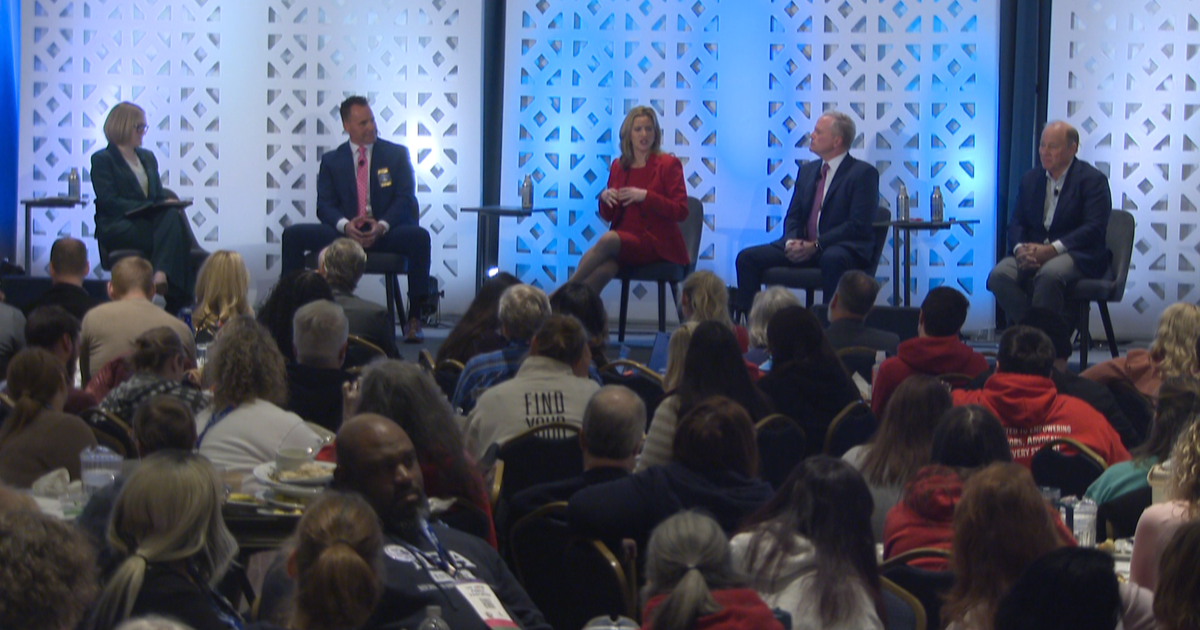CBS News COVID Chronicles: Recent grads in Pennsylvania enter uncertain future
Recent college graduate Emily Knell was a weekend away from starting a new job helping struggling elementary students when the coronavirus pandemic put the next phase of her life on hold.
"They cannot really give me any answers as to when I can expect to go back to work," she said. "And since I didn't technically start, I can't get unemployment. I haven't had a paycheck since February."
Knell, who graduated early from Pennsylvania State University last summer and moved home to work and pay off student loans before graduate school, said the virus had thrown her life into a state of "limbo." She's now working one day a week for her father, and has deferred her student loans.
Millions of students graduating are beginning a new phase of their lives as the coronavirus pandemic shatters the world around them. They're facing the worst job market since the Great Depression, and some companies have even been forced to revoke internships and full-time job offers.
CBS News is chronicling what has changed for the lives of residents of some of the biggest battleground states in 2020 amid the coronavirus pandemic. In Pennsylvania, over a dozen interviews with students graduating or who recently graduated from college pieced together a mosaic of stories about change, disappointment and uncertainty. New graduates have moved back home mid-semester, lost job opportunities or otherwise had their plans altered by the pandemic. Although change is inherent in graduation at every level, for members of the Class of 2020, the pandemic presents an entirely new level of uncertainty.
In a National Association of Colleges and Employers survey in April of over 400 employers, 22% revoked offers to interns and 4.4% revoked offers to full-time recruits.
Peter Cappelli, director of the Center for Human Resources of the Wharton School at the University of Pennsylvania, said the job market that undergraduate and graduate students are entering this year is similar to the one grads faced in 2009 after the financial crisis.
"There are employers who still think this is sort of coming back quickly, and then you get employers who say, I think it's gonna be a disaster," he said. "And the problem is, when they're uncertain, they sit on their hands."
Steven Brady of Pottstown, Pennsylvania, had passed the first two rounds of interviews for a job at a Washington state investment firm as he finished his last semester at Penn State. The company planned to fly him across the country for a final round interview, but the company called in March and said it had implemented a hiring freeze. He said that after months of searching for openings and expanding his options, he recently reached a final-round interview for a finance job back in Pennsylvania.
"At this point, I've got to take what I can get," he said. His family is moving to Colorado, and he had hoped to follow to a state closer to their new home, but said he'll get his own place in Pennsylvania if the job there works out.
Many of the graduates will enter the changing workforce carrying debt from their education. A 2018 report from the Federal Reserve found that over half the college graduates under 30 at the time had accumulated debt while in school.
"When things are booming, it doesn't matter, there's not so many differences," Cappelli said. But when things turn down, for example, the students with student loans are really whacked."
The pandemic has shaken the plans of recent high school graduates, too, with the unemployment rate soaring to nearly 35% for 18- and 19-year-olds in April. Several Pennsylvania high school graduates planning to go to college in the fall told CBS Nnews their summer plans had been upended by the pandemic.
Dominic Oto, a graduating senior at North Allegheny High School, planned to return to a job at the local Pittsburgh amusement park where he had worked the last two summers. He hoped to save money for a car before leaving for college at St. Vincent College , but with Allegheny County still in the process of reopening, Kennywood Park hasn't opened its gates.
"At best, I'm only working, maybe like a month and a half, two months max. So I mean, I'm trying to save up," he said. "It's pretty hard to do that, when I have no job right now."
The economic landscape is particularly difficult to predict in the middle of a pandemic, said Charles Whiteman, the dean of the Smeal Business College at Penn State.
"There's an element not only of uncertainty but also of risk," he said. "In 2008 [and] 2009, I think we had a reasonable idea of the kinds of things that could happen and how likely they were. Now, we didn't get it all right, obviously. But in this case, there are a number of behavioral factors that are really quite difficult to predict."
Although change is inherent in graduation at every level, for members of the class of 2020 was the pandemic presents an entirely new level of uncertainty.
"I know there is going to be a new normal because of this. I think I am just unaware of what it's going to look like," said Garyney Deshommes of London, Pennsylvania, who finished a degree in government at Misericordia University in the spring. "I don't know what to expect. I don't know what my own life is going to look like a year from now honestly."






